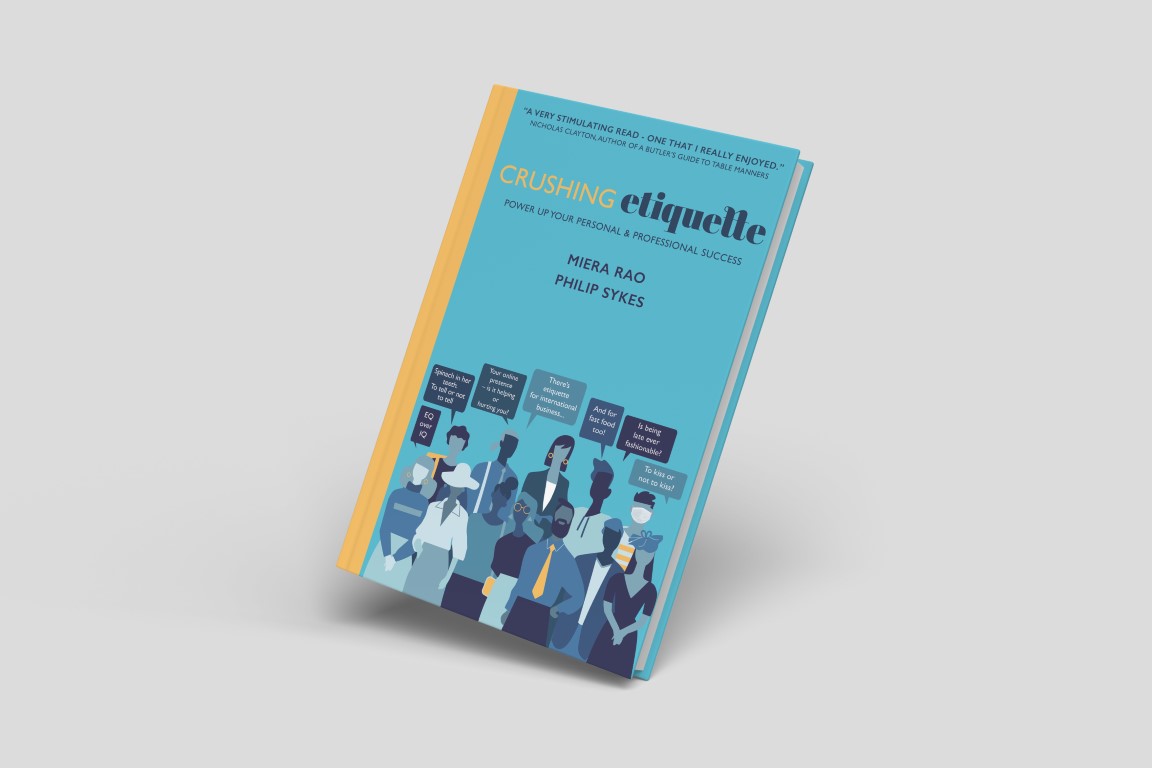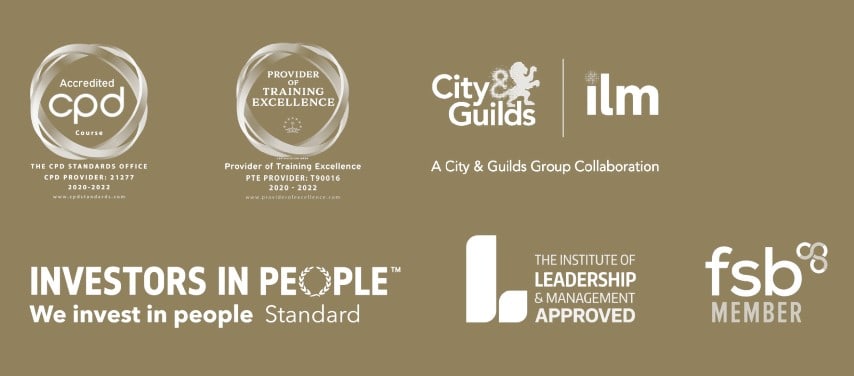Let me start with a question: How polite is your inner voice? Does it speak reassuring words in a soothing manner if you make a mistake, forget something or say the wrong thing? Or is your inner voice quick to judge and bear down on you like an unforgiving ogre if you fall short of perfection?
Most of us are familiar with the concept of self-care, which stresses the importance of looking after ourselves to keep our physical and mental health in top form. But taking time out for a massage or a yoga class is not going to make you feel better in the long run if your inner voice is constantly criticising everything you do.
Back in high school (many moons ago!) I was a cheerleader. If our team was losing, we didn’t start hurling insults from the side-line, telling the players they were useless or berating them for missing a shot. No, we focused on positive encouragement in the hope that our cheers and chants would spur them on to keep going and play their very best. Yet, so many of us use exactly that kind of negative language when we talk to ourselves.
Etiquette is not just how we treat other people, it is also how we treat ourselves. Engaging in negative self-talk is very destructive, both in the long- and short-term, and can hold you back from achieving your goals and fulfilling your potential. When things go awry, as they inevitably will from time to time, your inner cheerleader is the one who will help you dig deep and find the strength to carry on.
Speak to yourself as you would to a friend
Most of us find it relatively easy to treat our friends and family with kindness and compassion but we’re much harsher when it comes to our own perceived shortcomings. Imagine telling your best friend, who has just been made redundant that she will never get another job and might as well resign herself to being a failure?
I’m sure that it would never even cross your mind to speak to someone you care about in such a harsh way. However, often these are the kind of awful things that we tell ourselves when life doesn’t turn out as we had wished. The first step to mastering self-etiquette is awareness. The next time you catch yourself using self-critical language, think about what you would say to a friend in a similar situation.
Give your inner voice a name
It may sound crazy, but giving your inner voice a name can actually reduce its power over you. My inner voice is called Norma and she will frequently interfere as I go about my everyday tasks and try to bring me down or make me doubt myself.
If I find myself in a situation where, let’s say, my best friend hasn’t texted me back, Norma is likely to pipe up with an unhelpful comment along the lines of: “You must have said/done something to upset her” or “She obviously doesn’t value your friendship as much as you do”.
Viewing my inner voice as separate character makes it easier for me to firmly but politely tell her that a more likely scenario explanation is that my friend hasn’t responded because she is busy with work or family commitments.
Look for the evidence
Our thoughts are not always true. We all have a negativity bias, which means that we often assume the worst when we are interpreting a situation. Before you believe everything your inner critic is telling you, stop to examine the evidence.
If you have an interview coming up and you think “I’m going to make a fool of myself. They will never offer me the job”, pause for a minute. Then, question the story you are telling yourself by asking: “Is it true? Is it fact or opinion?”
It may help to take a piece of paper and draw a line down the middle. On one side you make a list of the evidence that points towards you failing and on the other side you write all the evidence that you aren’t going to fail.
Looking at the statements on both sides enables you to question the quality of the evidence: is it based on facts or assumptions? Reminding yourself that your thoughts aren’t 100% true can help you look at the situation more rationally and less emotionally, which in turn will boost your confidence.
Self-acceptance vs. Self-improvement
Accepting yourself for who you are while at the same time recognising that there is room for improvement might seem like a paradox at first glance. However, there is a big difference between telling yourself that you are not good enough and challenging yourself to become better at certain things.
The key is to allow yourself to grow from a point of self-acceptance. Recognise that you can feel good about yourself while still being motivated to achieve your dreams and goals. Using self-criticism as a way to motivate yourself not only ignores all your strengths and good qualities, it also increases the chances that you will give up at the first hurdle.
All too often we fail to treat ourselves with compassion, empathy and understanding when we encounter setbacks or rejection. Holding yourself to impossibly high standards or constantly berating yourself for any perceived shortcomings will erode your confidence and chip away at your sense of self-worth. You are much more likely to remain motivated if you can embrace who you are in the present while at the same time investing into becoming an even better version of yourself down the road.
Practicing self-etiquette means treating yourself with the same kindness, respect and consideration that you would extend to those around you. Turning your negative self-talk into positive self-talk is not an easy process, but even making a small dent in your internal negativity will boost your mental health and overall quality of life.
Written by Åse Anderson, Head of Communication and Client Relations at The British School of Etiquette










